25
May
2020
Share on networks
As always and more than ever, shared challenges

Few days in March and a long spring have reminded us that history is normally written based on years or decades, but on rare occasions it is also written in days and weeks. In the blink of an eye we have witnessed an unprecedented health crisis with social and economic consequences that we are only just beginning to understand. But this spring has also reminded us of other things. And it is that Barcelona and Catalonia are societies that have known, throughout history, how to face great challenges, and always with the same recipe: in a shared way, where each one has given the best of himself.
With this attitude, Barcelona and Catalonia are reacting to the emergency we are experiencing. From the beginning, the articulation of public and private collaboration mechanisms has made it possible to optimize resources at the most critical moments. The manufacture of respirators by the SEAT plant in Martorell, the market-place created by ACCIÓ to put in contact companies that offer resources to fight against Covid or the use of the Barcelona Manufacturing Athenaeums or 3D Factory LAB of Zona Franca for the manufacture of masks and protective screens are examples of the extraordinary capacity for reaction and adaptation of our productive and innovative fabric. All this without forgetting that the strong research fabric has allowed Catalonia to be at the forefront of research on Covid and ways to mitigate its consequences.
With the health emergency under control, it was time for a reaction in economic and social measures. The effort of the public administrations both in increasing spending to minimize the initial shock because of the stoppage of economic activity, such as the relaxation of regulations, reduction or postponement of taxes or plans to ensure employment are some examples. Both the enormous effort in resources and innovation that different economic agents make to adapt to new demands, such as teleworking or the adoption of social distance measures in jobs that are face-to-face, give an idea of the titanic effort that the private sector is making to adapt and be able to continue generating activity, wealth and employment.
The great challenge, from now on, is how to draw a new way of working where a new wave of digitization will profoundly modify the way we have to organize ourselves as a society. Teleworking is possibly the great opportunity to achieve a challenge that until now seemed impossible: avoiding crowds in city centers, making them greener and less polluted. On the other hand, if teleworking has come to stay, the way we have of organizing the territory will change: a less concentrated activity in the city centers will help to sponge more the population, with less need to live close to their workplace. The metropolitan dimension will therefore gain much more relevance. The evidence that the close environment is essential, in such elementary things as food, but also strategic industries such as pharmaceuticals, highlight that the territory as a whole and its productive fabric cannot be forgotten.
More than ever, the trident formed by the city, its metropolitan area and the whole of the territory must work together and do their best.
How do we work? How do we enjoy free time? How do we travel? How do we relate to and take care of the environment? What resources do we consume and where do they come from? Never had everything been so much in question. Now we can reinvent ourselves and attack the local and global challenges that we have on the table.
Do you come with us?
Related news
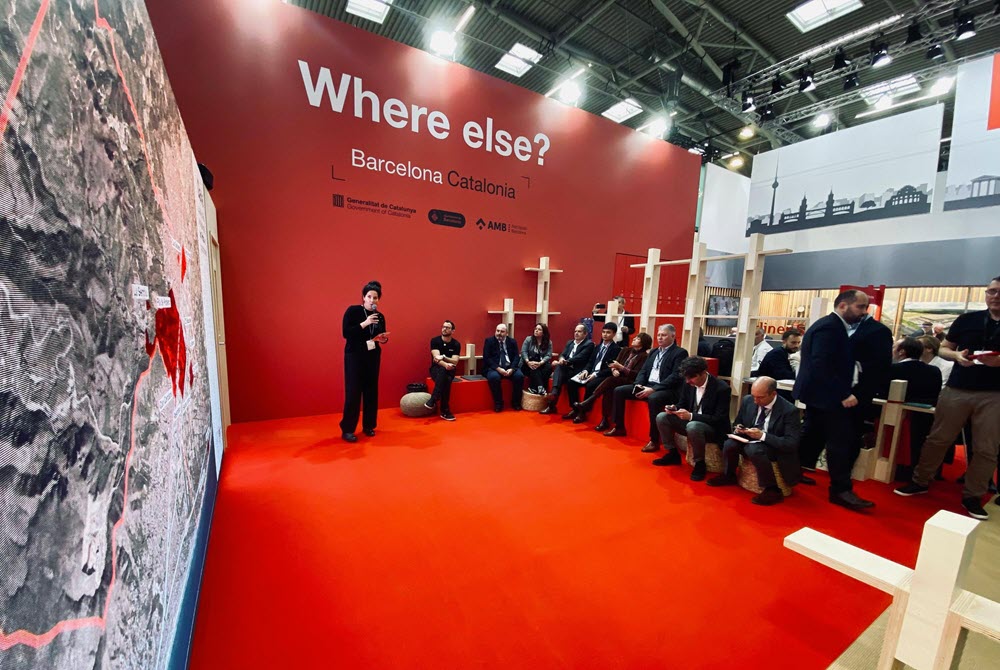
Barcelona Catalonia showcases investment opportunities and innovative urban-planning projects at Expo Real 2025
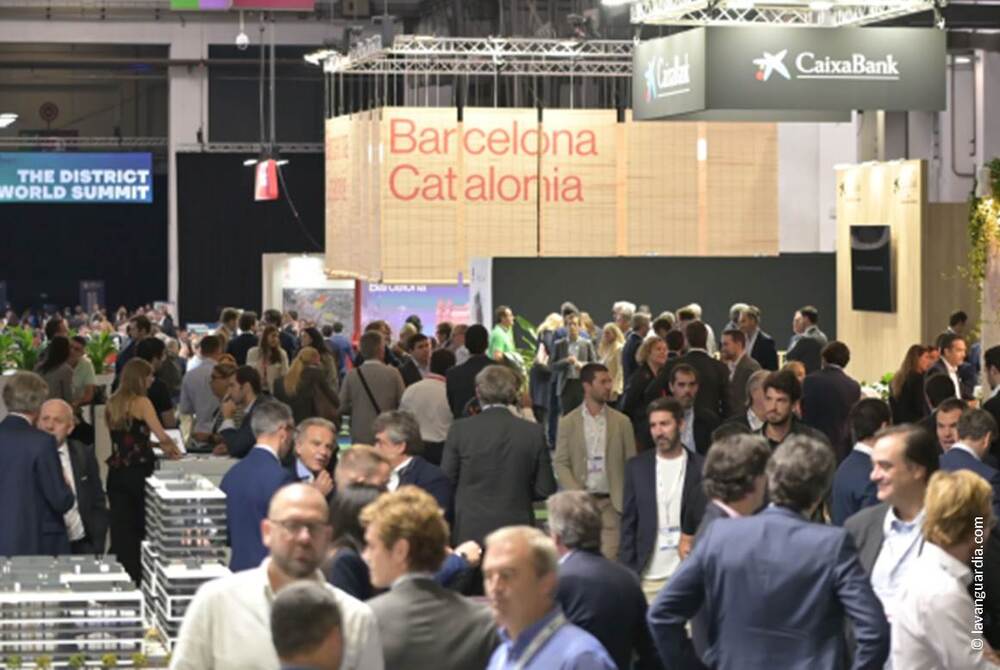
Barcelona Catalonia presents strategic projects and investment opportunities at The District and Expo Real, promoting an inclusive, sustainable, cohesive development model
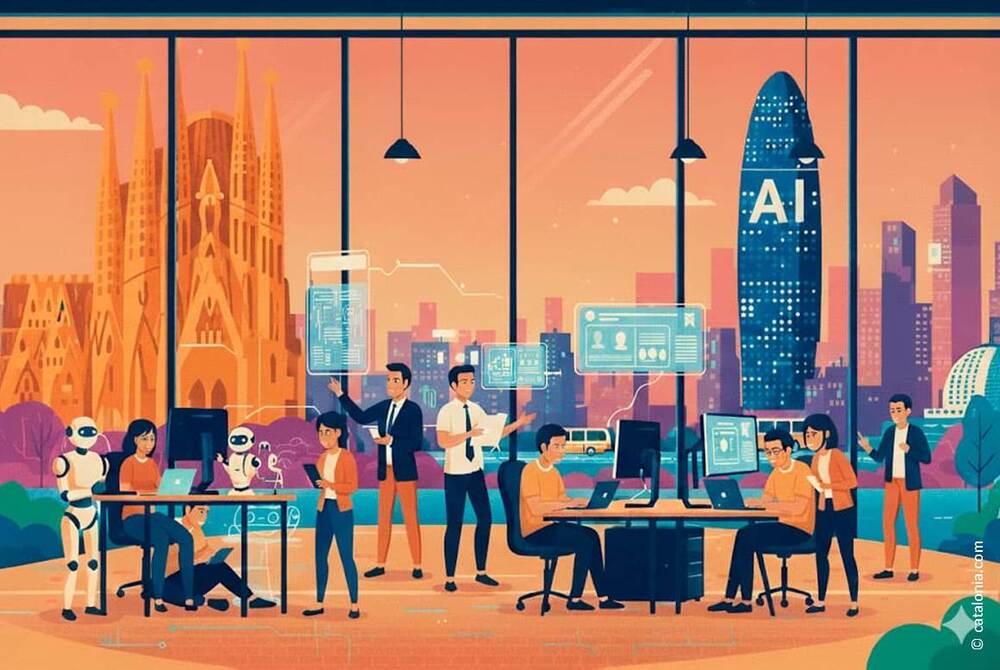
Barcelona, world’s third leading hub for foreign investment in artificial intelligence (AI)

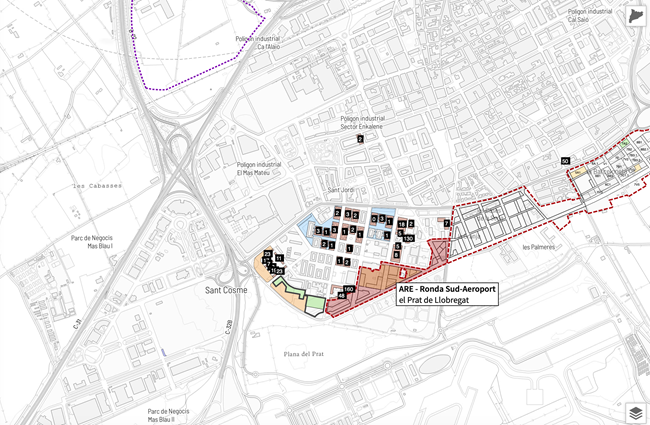
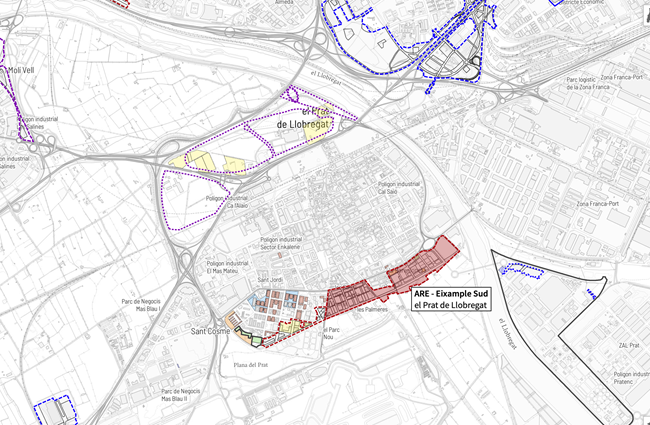
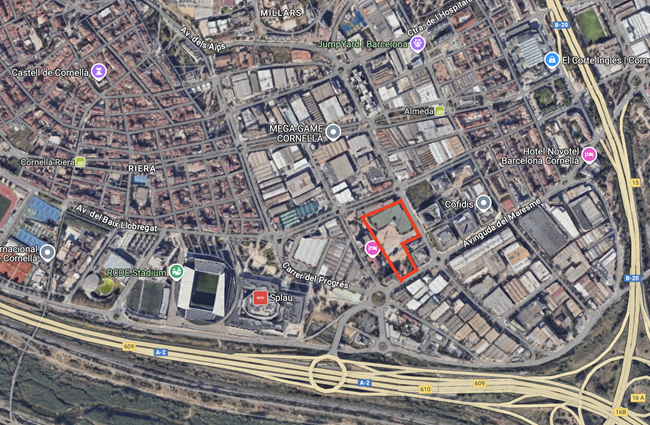

Subscribe to our Newsletter
Subscribe
Follow us on social